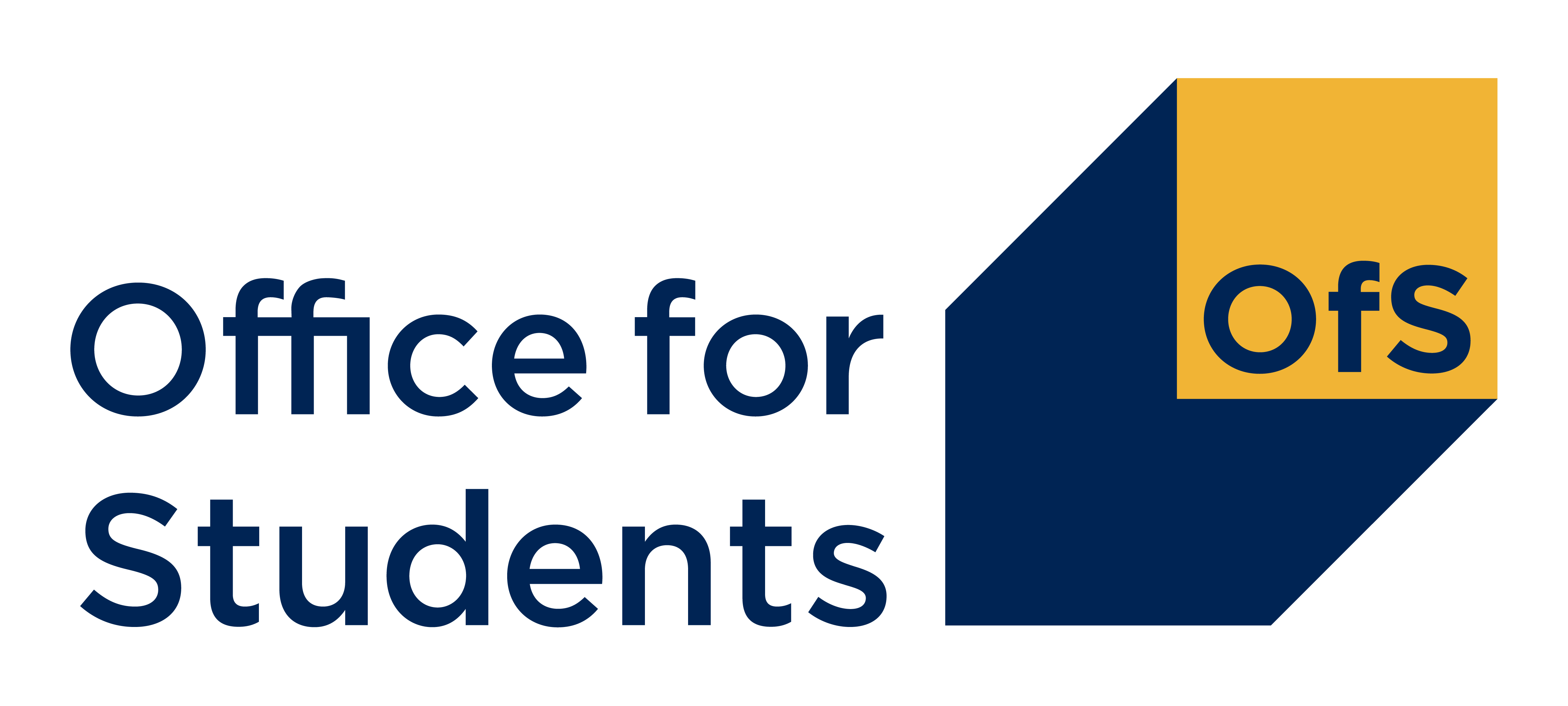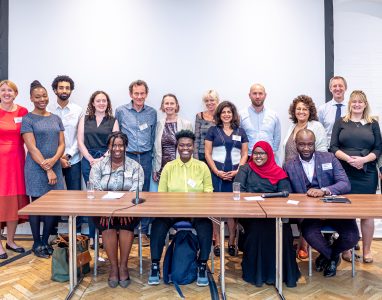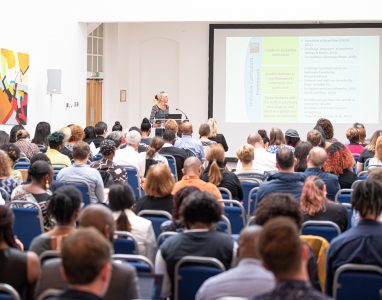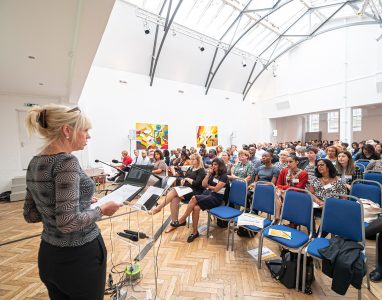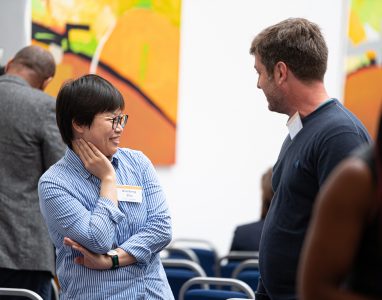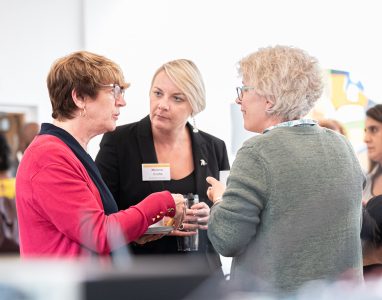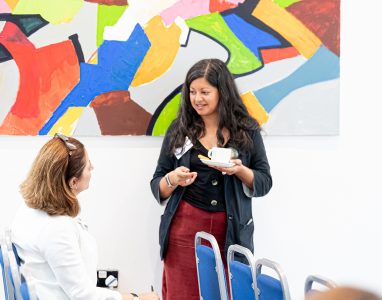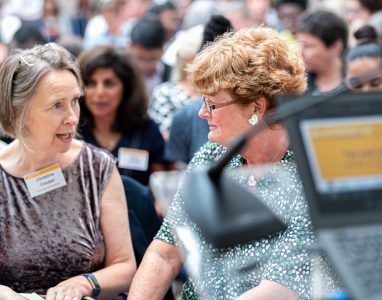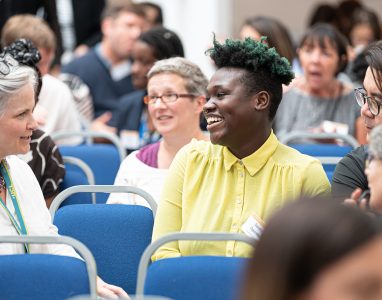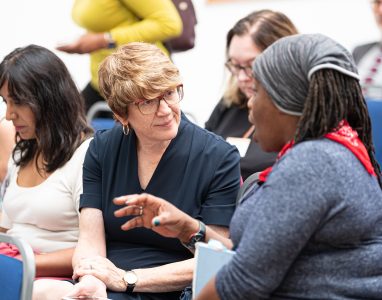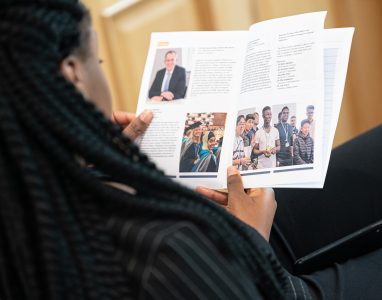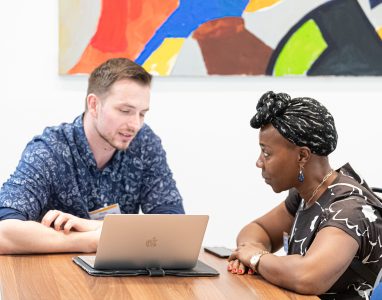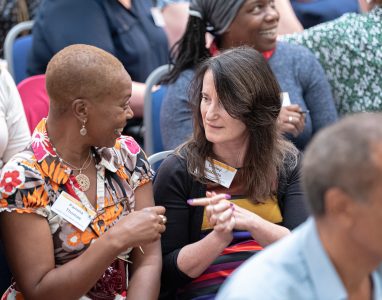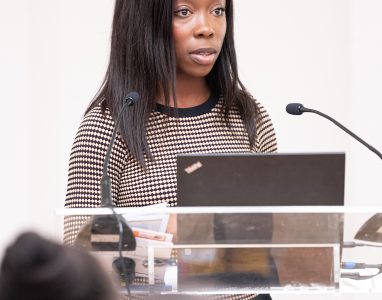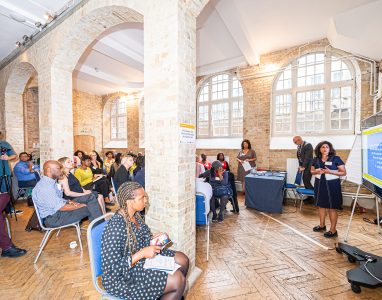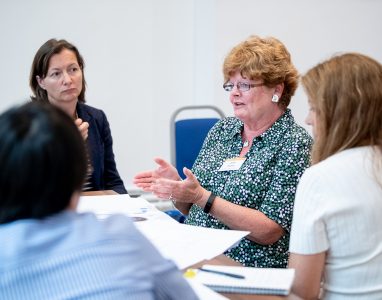Closing the BME Attainment Gap
The conference marked the end of our project ‘Using a value-added metric and an inclusive curriculum framework to address the black and minority ethnic attainment gap’ funded under the Office for Students ‘Addressing Barriers to Student Success’ programme.
The conference featured information on how the institutions have adopted or adapted the use of the successful Value Added metric and the Inclusive Curriculum Framework developed at Kingston to address their BME attainment gap. It also covered how these tools and learning from the project could be used to complement work currently being undertaken to address the attainment gap.
Download the presentations
Monday 16 September 2019
09:30 – 16:45
Mary Ward House, 7 Tavistock Place, London, WC1H 9SN
Conference Agenda
09:30 – 10:00 |
Arrival and Registration |
10:00 – 10:15 |
Welcome, project overview and outputs |
10:15 – 10:35 |
Keynote Speaker | Steven Spier, Kingston University |
10:35 – 11:05 |
Introducing the Value Added Score Kingston’s VA metric highlights differences in attainment which cannot be explained by student entry qualifications or subject of study both of which are arguments used to explain the BME attainment gap. The VA uses the actual degree outcomes of all students graduating across higher education in the last five years by subject of study and one of fifty entry qualification bands to identify whether student groups achieve their predicted outcomes and the BME attainment gap. Delegates will gain an insight into how the VA is derived and how it was used at Kingston to generate changes in the BME attainment gap closing the gap from 29% in 2014/15 to 13% in 2017/18. |
11:05 – 11:25 |
Introducing the Inclusive Curriculum Framework The Inclusive Curriculum Framework is a key strategy to address the BME attainment gap. It is simple and practical and at Kingston has been adopted as an institutional tool to support student success. Within the context of their VA scores, course teams are challenged to consider the extent to which their curriculum is (i) accessible (conceptually and practically) (ii) reflects the needs of diverse students and (iii) prepares students to contribute positively to a global and diverse economy. Delegates will gain in an insight into how this multi-dimensional framework identifies intervention points at which the principles of inclusivity can be enacted to ensure effective education at Kingston University. |
11:25 – 11:45 |
Tea and coffee |
11:45 – 13:00 |
Applying the Value Added Metric and Inclusive Curriculum Framework at partner institutions This session enables delegates to gain an insight into the approach that each partner institution took to adopting the Value Added Metric and Inclusive Curriculum Framework. |
13:00 |
Lunch |
14:00 – 15:00 |
Student partnerships in addressing the BME attainment gap Student partnership is essential to the work of a university that is seeking to create an inclusive environment. In 2016 Kingston University introduced the Student Inclusive Curriculum Consultants to bring different student voices into curriculum design and delivery. Although not part of the original brief, all the partners have adapted this approach in varying ways. In this session, delegates will learn how student partnerships have been adopted by the partners and will be able to consider whether this approach could be used in their own institutions. |
15:00 – 15:45 |
Parallel workshops (choose one): Generating and facilitating challenging conversations around race Conversations about race, racism and the academy are a common feature of the partners work to address the BME attainment gap. Delegates will hear how the partners navigated the challenging conversations and consider whether these approaches can be used in their own institutions. Making connections between the BME attainment gap and other agendas Eliminating the BME attainment gap requires sustained effort and this can only be achieved cost effectively if it is an integral part of the fabric of an institution. Delegates will gain an insight into how the work on the BME attainment gap has connected with other initiatives within the partner institutions to promote a holistic and sustainable way forward. Measuring impact With an increasing focus in the sector on student outcomes, the purpose of the project was to create change which positively impacted the BME attainment gap. Whilst it is not yet possible to identify final outcomes, there are a number of lead indicators which will provide delegates with useful evaluation measures, next steps and connections with other institutional activities to ensure the sustainability of focus beyond the project end. |
15:45 – 16:00 |
Room transition |
16:00 – 16:30 |
Student Panel A whole institutional approach to the BME attainment gap necessitates the involvement of students in all aspects of a higher education provider’s work and at all stages of the student life cycle. This session begins with a statement on the role of students and student unions in addressing the attainment gap followed by a Q&A session. Delegates will be able to consider steps they can take to optimise student participation in their own institutions. |
16:30 |
Closing Plenary | Kirsty Johnson, Office for Students |
